“Wot’s in a name? she sez. An’ then she sighs,
An’ clasps ‘er little ‘ands, an’ rolls ‘er eyes.
A rose, she sez, be any other name
Would smell the same.”
Those are the first lines of the poem, The Play, taken from The Songs of a Sentimental Bloke, written by C.J. Dennis. It tells the tale of a courting couple going to see Shakespeare’s Romeo and
Juliet for the first time. We had to learn the poem in primary school and, to this day, it is one of two poems where I remember the first stanza.
Much of family history and genealogical research deals with names; given names, maiden names, nicknames, alternate names, the way names are spelt – or misspelt, foreign names, anglicised names, the list goes on and on. In fact finding your family especially relies on tracing surnames, although DNA
now also plays a major role.
To give one example of how a surname can change, my maternal family’s surname would have been spelt this way in the original Russian – Воронов. In English, this roughly translates to Voronov. When my grandparents went to France, it appears to have been changed to Voronoff. Then later in America their name became anglicised to Woronoff – which I have also seen spelt as Woronov.
Similarly, with my paternal family’s surname, changes have been made over the years. The name von Ferckis eventually became von Fircks, although it went through various spellings such as de Wierekes, de Virckes, von Vyrkes, Firx, Virkus and Virkes are just some of these mentioned by my cousin, Wolf Lackschewitz, in his book about the genealogy of the Fircks family. After the war my father changed our surname to de Fircks, dropping the “von” which had German connotations. I wonder if, at the time, he realised he was simply using an older version.
It is not just surnames which are changed for different reasons. My maternal grandmother’s siblings all seem to have been called by several variations of the names they were christened with. Cleopatra became Claire, Clara, or Klera. Natalie was mostly known as Tata, Helen as Ella and Vladimir as Dima. My grandmother, on the other hand and as far as I know, was always called Olga. My mother was also known by different names, in high school and college Tatiana became Tot and in later life I also heard her referred to as Tania. My father, who was christened Otto Georg Peter, began calling himself Peter as a young man because, well why wouldn’t you?
All these name changes and spellings can prove challenging to the family historian, especially those of us who are already faced with the hurdle of foreign languages. What is written on a birth certificate, if one is fortunate to have found such a document, can be vastly different to what is written on a marriage certificate or the registration of a death. That is where one needs to find corroborating evidence, and that can take time and patience to uncover.
I wonder, if Shakespeare had ever gone down the route of uncovering his family history, would he have still asked the question “What’s in a name”?
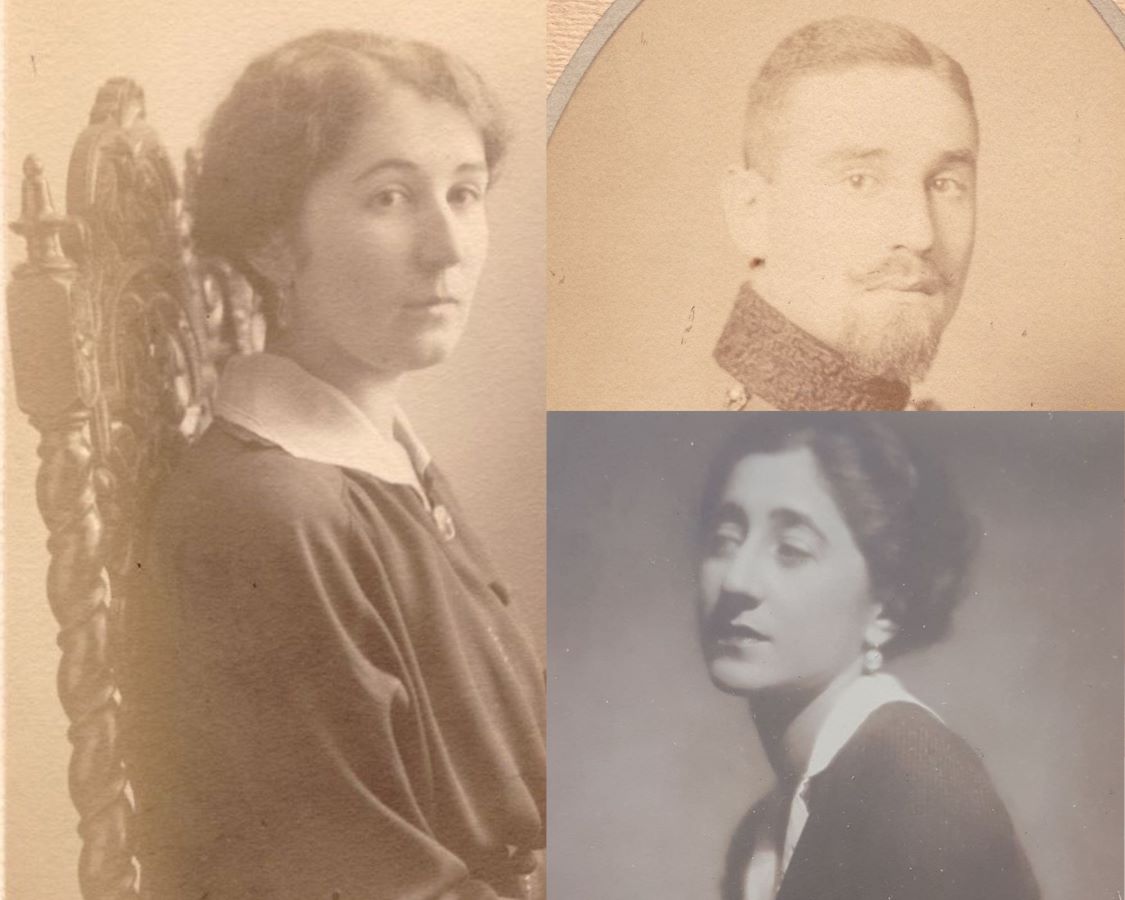
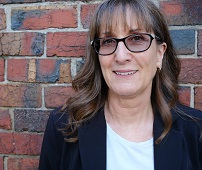
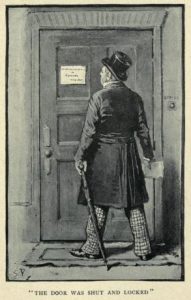
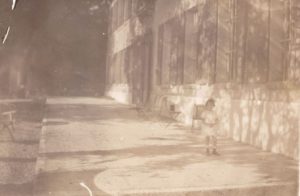
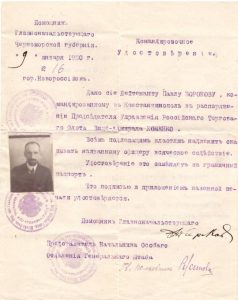
This Post Has 2 Comments
It sounds like Voronoff was not so much anglicised as Woronoff but changed by someone who perhaps was familiar with Polish. In Polish the “v” sound in a word is spelled with a “w”.
I guess anything is possible!